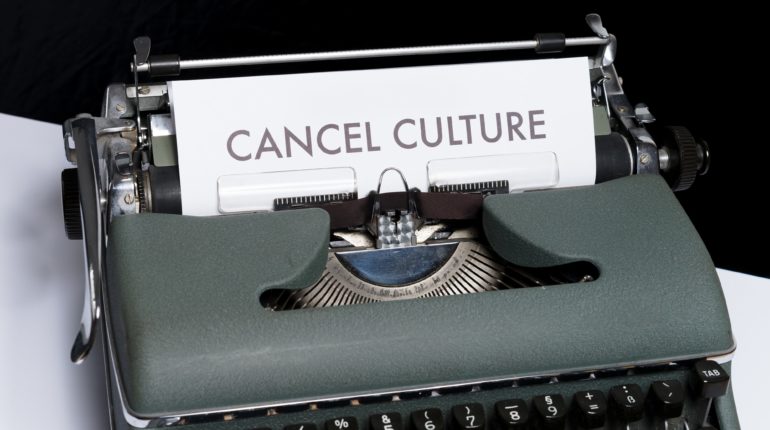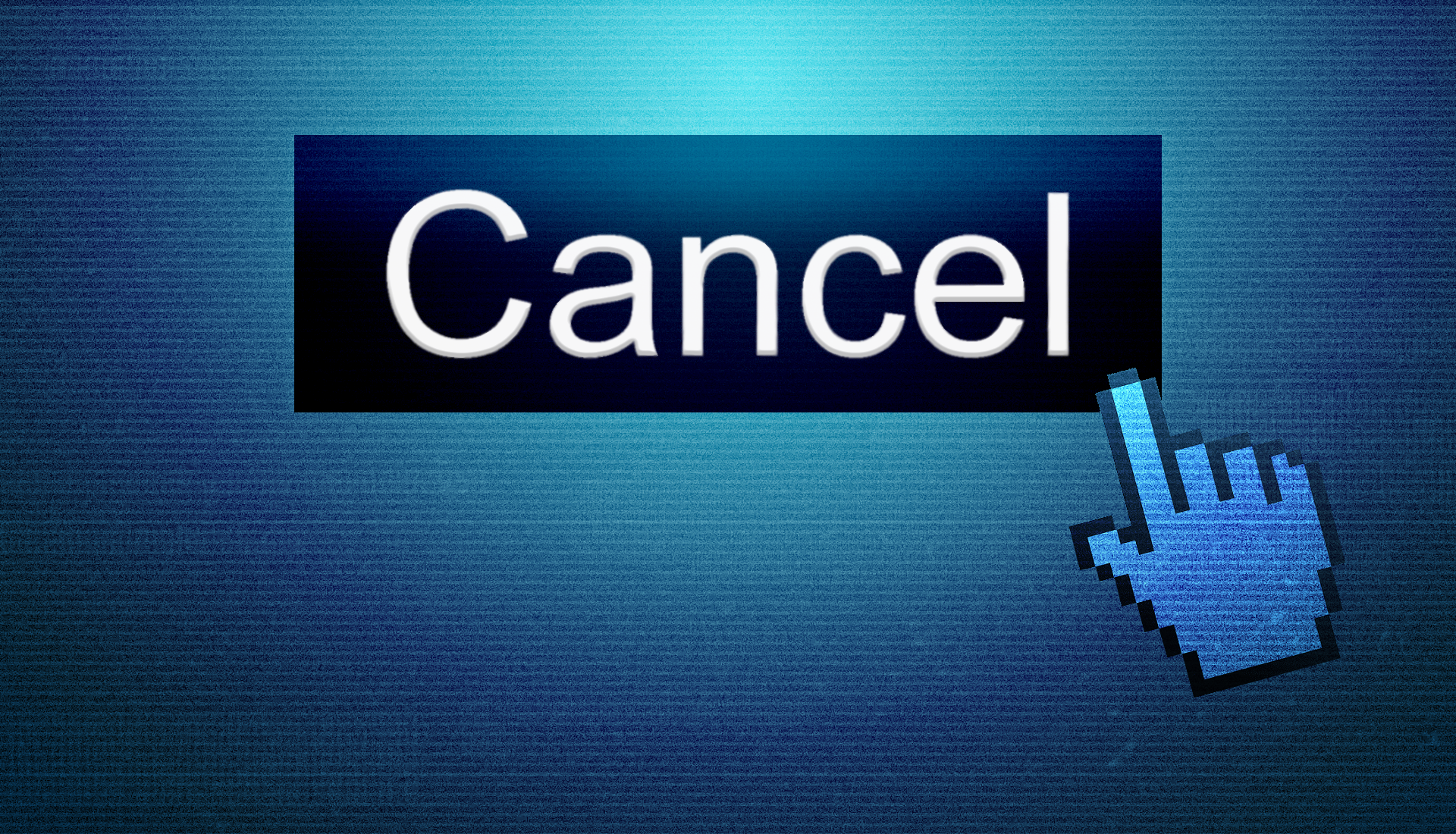Is Gen Z’s desire for change inadvertently ushering in an age of cancel culture, or are the rich and privileged using the concept to shield themselves from scrutiny?
Rife with hypocrisies from both sides of the fence, cancel culture has been one of 2020’s hottest topics. Those being criticised for propagating cancel culture claim that the concept doesn’t exist, and instead is a catch-all defence or tool of delegitimisation used by people who can’t handle cultural shifts. And in the opposing camp, people point to a repressive agenda where individuals masquerading as ‘woke’ shoehorn politically charged issues into arguments to preach censorship and incite civil unrest.
Though there is no official definition, the term cancel culture is generally used to describe the boycotting/ denunciation of a brand or person deemed to have taken an offensive stance on a poignant social topic. The vast majority of conflicts are denoted by contrasting political alignments and stark generational norms, with the media circulating stories of young liberals often going after their seniors for running afoul of today’s progressive standards. While this isn’t exactly a new phenomenon, it does bear more significance than ever before in the hyperconnected arena of social media.

With Gen Z having elevated some of the most progressive movements of the 21st century; including Extinction Rebellion, #MeToo, and Black Lives Matter, the biggest generational cohort are now habitually using social networking to challenge narratives put forth by the status quo ensuring that marginalised voices are heard. Today, demanding accountability from those in power, as well as everyday folk who fail in their moral duty to strive for a more inclusive and sustainable world has become nothing short of an obsession. But is this really the ‘full scale assault’ on liberty and free speech that certain prominent celebs and outlets are claiming it to be?
In recent years, the parameters of political demonstration and discourse have shifted more to include online spaces, and we’ve seen time and time again the speed at which we can engender a thirst for social impact. Most recently, the Black Lives Matter movement saw several online petitions rack up hundreds of thousands of signatures in a matter of weeks, whilst the movement’s virality inspired record support for affiliated charities and crowdfunding projects. The death of George Floyd also provoked direct retaliation from angry citizens with thousands banding together to reprimand the Minneapolis PD, and to thwart police efforts to control protests nationwide by weaponsing memes and doxing admin websites.
You’d be hard pressed to disagree with the notion that social media has become a major vehicle towards uniting people and driving positive change, but introspectively we have to be aware of the potential pitfalls that can come with it. At Thred we aren’t losing any sleep for those in the Twittersphere that feel their radical alt-right views are being stifled by us ‘snowflakes,’ but equally we have to check ourselves and our motives to ensure that real tangible change is always top of our agenda, and that those being confronted actually deserve the backlash that comes their way.
When striving for reform at government level (the ultimate goal), there should always be room for the exchanging of disparate ideas and compromise, or essentially, we’re just revelling in the act of protest and building an impenetrable echo chamber. An issue at the moment, is that amidst all the noise, this aim is sometimes lost. As we previously mentioned, Gen Z makes up the biggest demographic cohort on the planet, couple that with the fact that they spend more time than any previous generation online and you begin to understand the immense influence they hold over online narratives.
I’d be lying if I tried to say there isn’t cause and effect behind the vast majority of cases where individuals have been ‘cancelled,’ but as someone who has a fair chunk of real life experience pre-social media, it’s impossible not to raise an eyebrow at how quickly stories circulate online today. Often times alleged cases of bigotry spread so rapidly that it’s nigh-on impossible for all those engaging to have sourced the necessary information to pass judgment, let alone to start going after people’s livelihoods and reputations. When the stakes are as high as they are for those under the microscope, that’s a troubling thought.



















